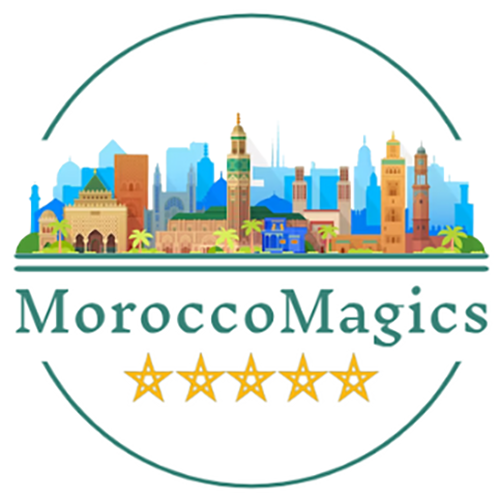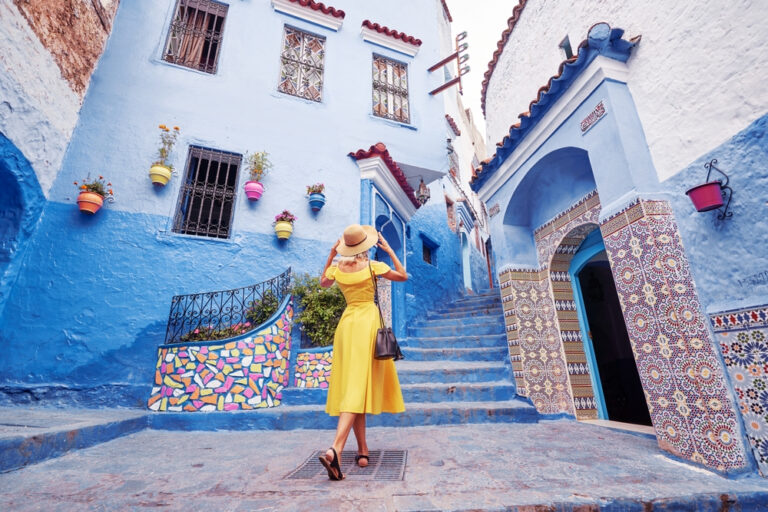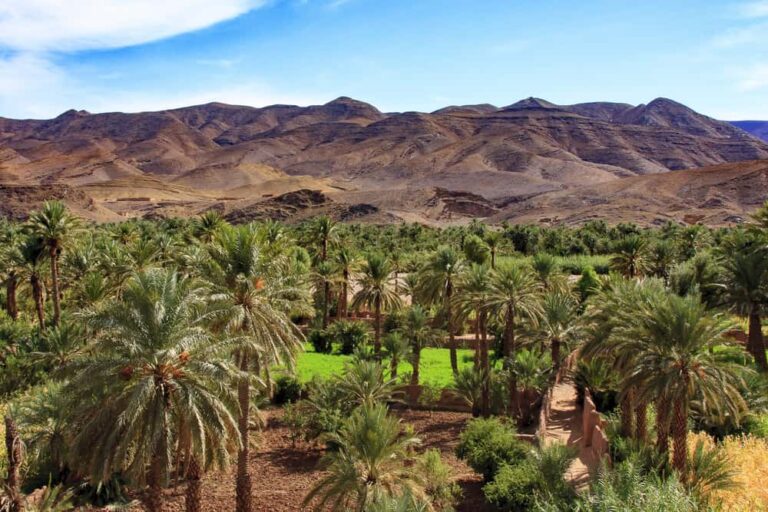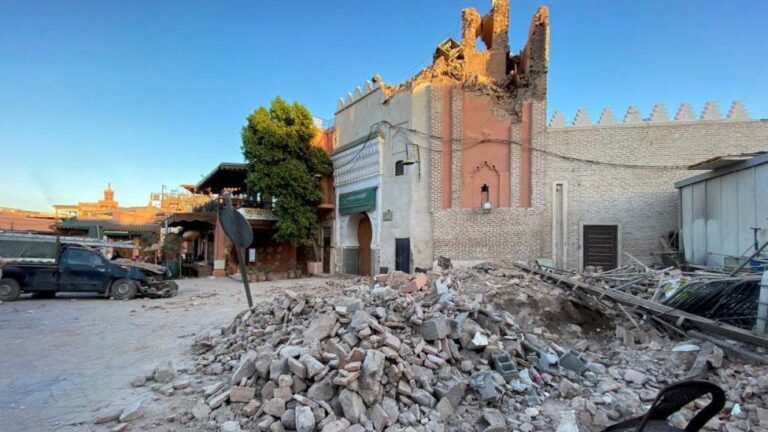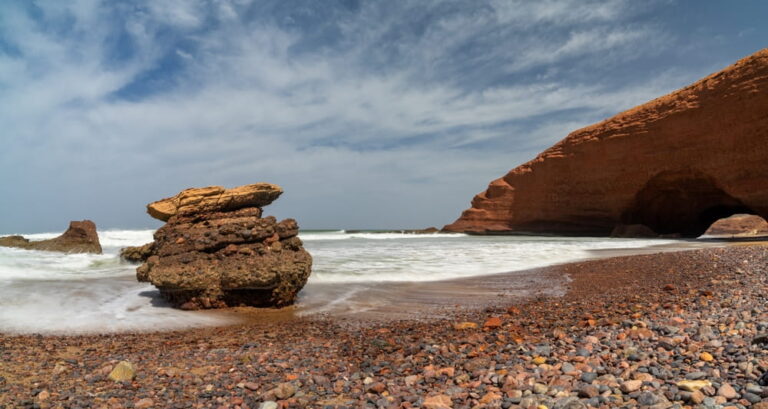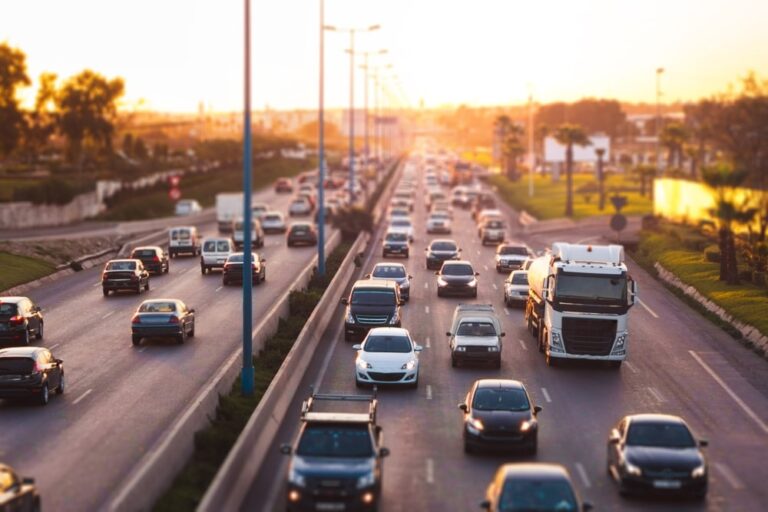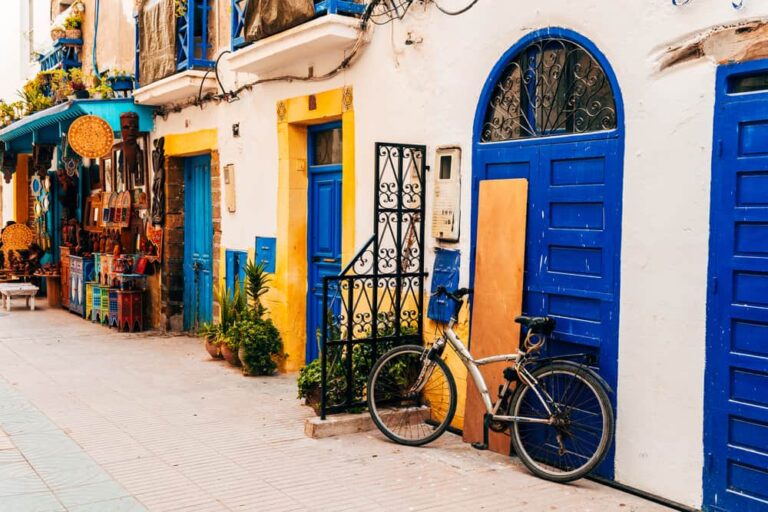Safe and Smart Money Management for Your Moroccan Adventure
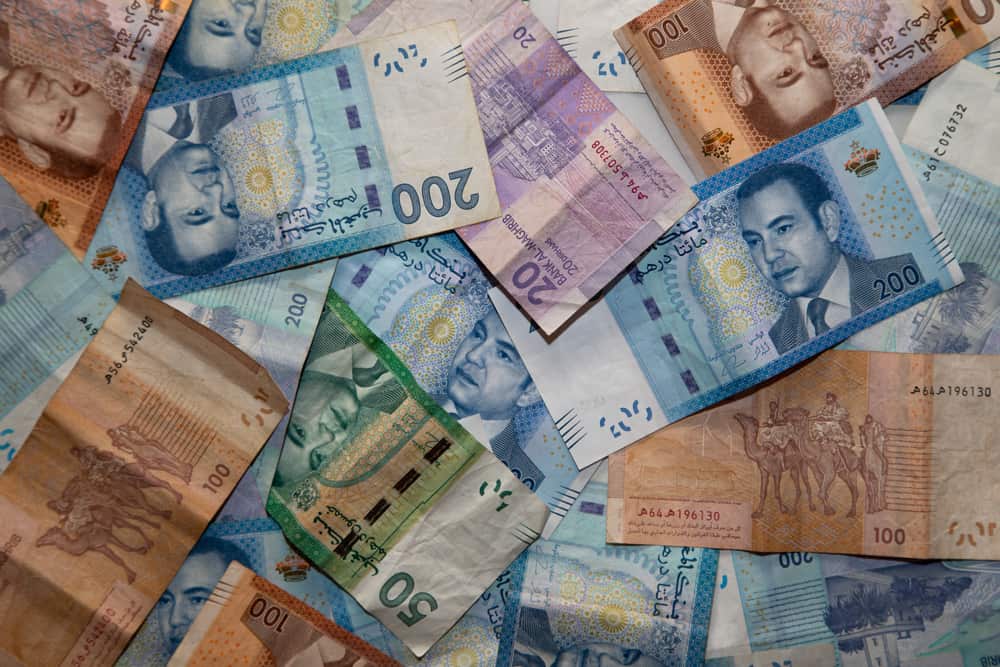
Traveling to Morocco is exciting! It’s a land full of vibrant colors, rich history, and amazing food. But before you pack your bags, it’s important to know how to handle money there. Understanding the local currency and how to manage your finances will make your trip smoother and more enjoyable.
In Morocco, the official currency is the Moroccan Dirham, often abbreviated as MAD. Knowing the value of the Dirham and how to get the best exchange rates can save you a lot of money. It’s also useful to know where you can exchange currency, how to use ATMs, and the different payment methods available.
Traveling can be fun, but managing money in a new place can be tricky. That’s why it’s good to prepare ahead of time. In this guide, we’ll cover everything you need to know about handling money in Morocco. From understanding the Dirham to finding the best places to exchange your money, we’ve got you covered. We’ll also talk about using credit cards, different ways to pay, and tips on keeping your money safe.
Understanding Moroccan Currency
The Moroccan Dirham (MAD) is the official currency used in Morocco, essential for all transactions, from buying snacks to paying for transportation. The Dirham is divided into coins and banknotes. Coins come in values such as 1, 2, 5, and 10 Dirhams, while banknotes are available in 20, 50, 100, and 200 Dirhams.
Having a mix of coins and notes can be very useful. Smaller denominations are perfect for minor purchases and tipping. It is also helpful to know that 1 Dirham is divided into 100 centimes, although centimes are not often used for small transactions.
When handling Moroccan Dirhams, it’s wise to exchange some money before you travel. This ensures you have local currency as soon as you arrive. Airports have exchange counters, but these often charge higher fees. Therefore, it’s practical to exchange just enough for immediate needs at the airport and find better rates in the city.
Keep your money organized. Separate your large bills from smaller ones. This makes it easier to pay for items quickly and avoid overpaying. Also, be cautious and count your change carefully, especially in crowded markets where mistakes can happen easily.
Currency Exchange
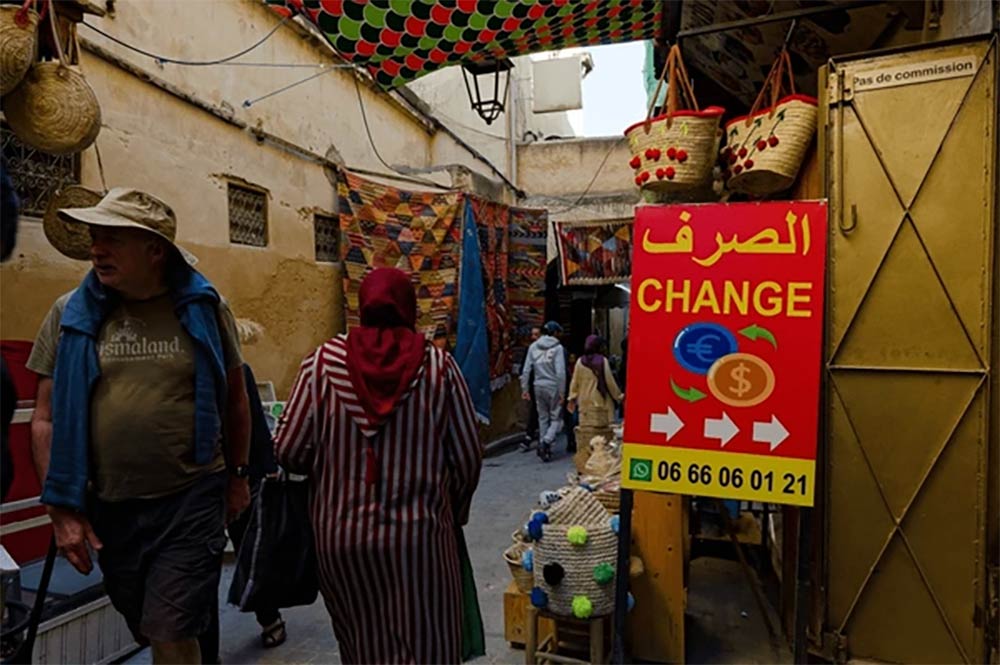
Exchanging currency in Morocco is straightforward, but it’s important to know where to go for the best rates. You can exchange money at banks, exchange bureaus, and some hotels. Banks are reliable and usually offer good rates. Exchange bureaus, found in tourist areas, often have competitive rates and are convenient. Hotels are also an option, though they might not provide the best rates.
To get the best exchange rates, avoid exchanging money at the airport unless necessary. Compare rates at different places before exchanging large amounts. It’s a good practice to keep the receipt from your exchange; some places might require it if you want to exchange any leftover Dirhams back to your home currency before you leave.
When exchanging currency, be aware of potential scams. Only use official exchange services to avoid being cheated. Also, consider the timing of your exchanges. Rates can fluctuate, so it might be worth checking the rates over a few days to find the best deal.
ATMs and Credit Cards
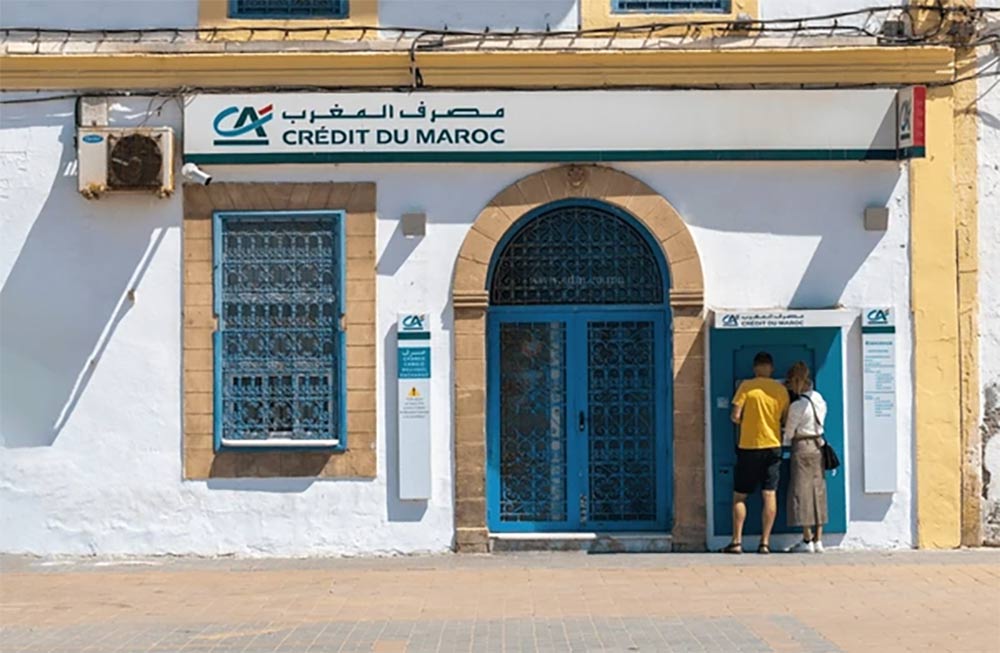
Using ATMs in Morocco is a convenient way to access cash. ATMs are widely available in cities and tourist areas. They accept major international cards like Visa and Mastercard. When using an ATM, be aware of the fees that your bank might charge for international withdrawals. It’s a good idea to withdraw larger amounts at once to minimize these fees.
Credit cards are also commonly accepted in Morocco, especially in urban areas and larger establishments like hotels, restaurants, and shops. Visa and Mastercard are the most widely accepted, while American Express is less common. Always have some cash on hand, as smaller vendors and rural areas may not accept cards.
For safety, notify your bank about your travel plans before leaving. This helps prevent your card from being blocked due to unusual activity. Additionally, consider carrying a backup card in case your primary card is lost or stolen. If you do lose your card, contact your bank immediately to report it and request a replacement or emergency cash.
Cash and Payment Methods
In Morocco, cash is the most commonly used form of payment. While credit cards are accepted in many places, especially in urban areas and larger establishments, having cash on hand is essential for a smooth travel experience. Understanding the various payment methods and knowing when and where to use them can help you manage your finances efficiently.

Cash Usage in Morocco
Cash is widely used in Morocco, particularly in smaller shops, markets, and rural areas where card payments are not accepted. The local currency, Moroccan Dirham (MAD), is used for all cash transactions. Having a mix of small and large denominations is useful. Smaller bills and coins are handy for minor purchases like buying snacks, paying for taxis, or tipping service staff.
When you arrive in Morocco, it’s a good idea to exchange some currency at the airport for immediate needs, but plan to exchange larger amounts at banks or exchange bureaus in the city for better rates. Carrying smaller denominations makes transactions easier and helps avoid the hassle of trying to get change for large bills.
Using Credit Cards
Credit cards are becoming more widely accepted in Morocco, particularly in cities like Casablanca, Marrakech, and Rabat. Major hotels, restaurants, and larger stores often accept Visa and Mastercard. However, American Express and other cards may be less commonly accepted. Before traveling, notify your bank of your travel plans to prevent your card from being blocked due to unusual activity.
When using a credit card, be mindful of potential foreign transaction fees. It’s a good idea to check with your bank about any fees associated with international transactions. Also, always have a backup plan, such as a second credit card or enough cash, in case your primary card is lost or not accepted.
ATMs in Morocco
ATMs are widely available in major cities and tourist areas in Morocco. They are a convenient way to withdraw cash using your debit or credit card. ATMs typically accept international cards, but it’s essential to be aware of any withdrawal fees your bank may charge for international transactions. To minimize these fees, consider withdrawing larger amounts of cash less frequently.
Before using an ATM, ensure it is affiliated with a reputable bank to avoid potential fraud. It’s also wise to use ATMs located in well-lit, secure areas, such as inside banks or shopping malls, to ensure your safety.
Mobile Payments and E-Wallets
Mobile payments and e-wallets are gradually becoming more popular in Morocco, although their acceptance is not as widespread as in other countries. Services like Apple Pay and Google Wallet can be used in some modern establishments, primarily in larger cities. However, it’s essential to check if these payment methods are accepted at your destination before relying on them.
Using mobile payments can be convenient and secure, but always have an alternative payment method, such as cash or a credit card, in case your mobile payment option is not accepted.
Avoiding Counterfeit Money
Counterfeit money can be a problem in any country, and Morocco is no exception. To avoid accepting fake currency, familiarize yourself with the look and feel of Moroccan Dirhams. Genuine banknotes have several security features, such as watermarks, security threads, and color-shifting inks. If you receive a suspicious note, politely request a different one.
When exchanging currency, always use official exchange services to reduce the risk of receiving counterfeit money. Keep your receipts from currency exchanges, as you may need them if you want to exchange leftover Dirhams back to your home currency before leaving Morocco.
Practical Tips for Handling Cash and Payments
- Carry Small Denominations: Smaller bills and coins are essential for everyday transactions, especially in markets and for tipping.
- Use Credit Cards Wisely: While cards are accepted in many places, always have cash as a backup.
- Withdraw Cash Strategically: Use ATMs from reputable banks and withdraw larger amounts less frequently to minimize fees.
- Be Prepared for Mobile Payments: Check if mobile payments are accepted at your destination, and always have an alternative payment method.
- Beware of Counterfeit Currency: Familiarize yourself with the security features of Moroccan Dirhams and use official exchange services.
By understanding the nuances of cash and payment methods in Morocco, you can ensure a hassle-free financial experience during your travels. Being prepared with the right mix of payment options will help you enjoy your trip without worrying about money matters.
Managing Finances While Traveling
Budgeting for your trip to Morocco is crucial. Daily expenses can vary greatly depending on your travel style. On average, budget travelers might spend around $30 to $50 per day, while mid-range travelers might spend $50 to $100 per day. This budget should cover accommodation, meals, transportation, and sightseeing.
To keep your money safe, use a money belt or a secure bag. Avoid carrying large sums of cash and keep your valuables close to you, especially in crowded areas. Using hotel safes for your passport, extra cash, and other valuables can also help protect your belongings.
In case of financial emergencies, such as losing your wallet or running out of cash, it’s helpful to have a plan. Keep a list of emergency contacts, including your bank’s international helpline and local embassy or consulate. Consider carrying a backup credit card or setting up an emergency fund that you can access if needed.
Conclusion
Managing your money effectively in Morocco ensures a smoother and more enjoyable trip. By understanding the Moroccan Dirham, knowing where to exchange currency, using ATMs and credit cards wisely, and choosing the right payment methods, you can avoid common financial pitfalls. Planning ahead and keeping your finances secure will help you focus on enjoying all that Morocco has to offer.
